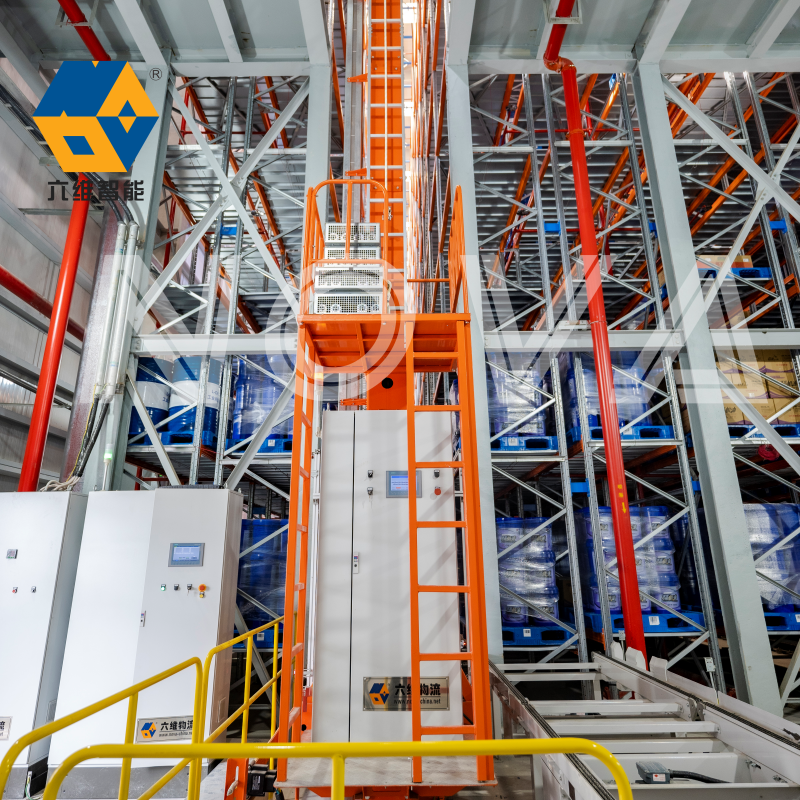miniloads
Miniloads represent a cutting-edge automated storage and retrieval system designed for efficient handling of small to medium-sized products in warehouses and distribution centers. These sophisticated systems combine advanced robotics with intelligent software to create a compact, high-performance solution for modern inventory management. Operating within specially designed aisles, miniloads utilize automated shuttles or cranes that move both horizontally and vertically to access storage locations with precision. The system excels in handling containers, totes, or trays weighing typically up to 100 pounds, making them ideal for industries dealing with small parts, pharmaceuticals, or retail items. Advanced sensors and control systems ensure accurate positioning and safe handling of goods, while integrated warehouse management software optimizes storage locations and retrieval sequences. Miniloads can operate in environments ranging from ambient to refrigerated conditions, offering flexibility across various industry applications. The system's modular design allows for customization based on specific storage needs, ceiling heights, and throughput requirements, making it adaptable to diverse warehouse configurations.
